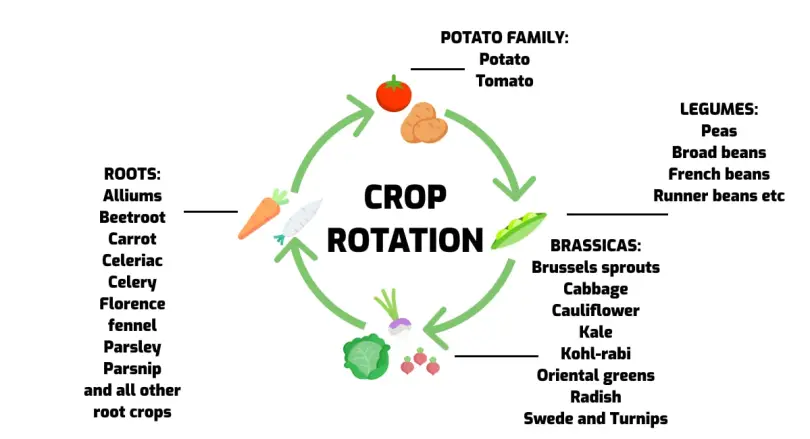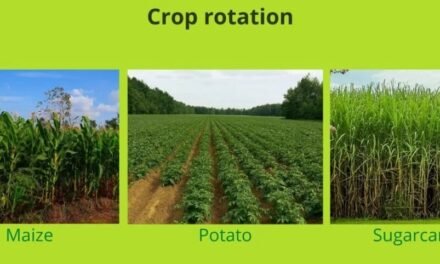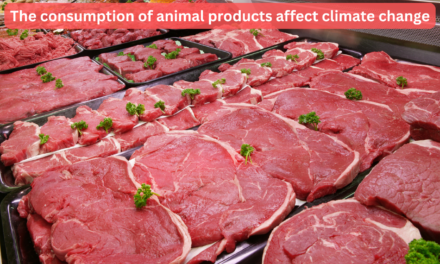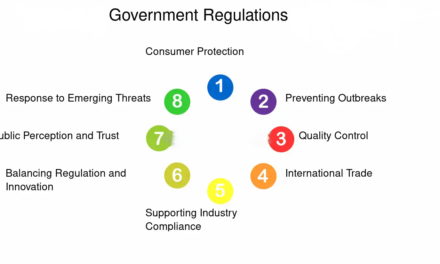Crop rotation significantly impacts fertilizer use by improving soil health, enhancing nutrient availability, and reducing the reliance on synthetic fertilizers. By planting different crops in a planned sequence, farmers can naturally manage soil fertility and nutrient levels while minimizing nutrient loss and depletion. Here’s how crop rotation influences fertilizer use:
1. Balances Soil Nutrients
- Different crops have varying nutrient requirements. For example:
- Cereal crops like wheat and rice are heavy nitrogen feeders.
- Legumes like soybeans, peanuts, and clover fix atmospheric nitrogen into the soil through symbiotic bacteria (Rhizobium).
- Rotating nitrogen-fixing legumes with nutrient-demanding crops reduces the need for nitrogen fertilizers.
2. Reduces Nutrient Depletion
- Continuous cultivation of a single crop exhausts specific nutrients, leading to nutrient imbalances.
- Crop rotation ensures that no single nutrient is excessively depleted by alternating crops with differing nutrient demands.
3. Minimizes Fertilizer Leaching and Loss
- Deep-rooted crops like alfalfa or sunflowers capture nutrients from deeper soil layers, preventing nutrient leaching into groundwater.
- Shallow-rooted crops like lettuce or wheat can then utilize surface-level nutrients in subsequent rotations.
4. Enhances Soil Organic Matter
- Rotating crops that leave behind high amounts of organic residues, like maize or legumes, increases organic matter in the soil.
- Organic matter improves soil fertility and structure, enhancing the soil’s capacity to retain nutrients, reducing the need for additional fertilizers.
5. Breaks Pest and Disease Cycles
- Continuous cropping of the same plant species can lead to pest and disease buildup, which may require chemical treatments that degrade soil health.
- Rotating crops disrupts these cycles, reducing the need for chemical interventions that can affect nutrient balance in the soil.
6. Improves Fertilizer Use Efficiency
- Crop rotation enhances the efficiency of applied fertilizers by creating a better nutrient balance in the soil.
- For instance, phosphorus applied to one crop can remain available for the next crop in the rotation, maximizing the value of the fertilizer.
7. Reduces Dependency on Synthetic Fertilizers
- By incorporating cover crops and green manures in rotations, farmers can naturally enrich the soil with nutrients.
- This reduces reliance on synthetic fertilizers, cutting costs and mitigating environmental impacts like chemical runoff.
8. Encourages Integrated Nutrient Management
- Crop rotation works well in combination with organic fertilizers (compost, manure, bio-fertilizers), reducing the overall demand for chemical fertilizers.
- For example, a rotation of cereals and legumes supported by compost can sustain nutrient levels without heavy synthetic inputs.
Example of Crop Rotation and Fertilizer Use
A Four-Year Rotation Plan:
- Year 1: Corn (high nitrogen demand, apply phosphorus and potassium fertilizers).
- Year 2: Soybean (nitrogen fixer, reduce nitrogen fertilizer use).
- Year 3: Wheat (moderate nutrient demand, may utilize residual nitrogen).
- Year 4: Clover or Alfalfa (green manure, replenishes organic matter and nitrogen).
This rotation reduces the overall need for nitrogen fertilizers and optimizes phosphorus and potassium applications.
Environmental Benefits
- Prevents Soil Degradation: Maintains nutrient cycling, reducing the risk of over-fertilization and soil erosion.
- Lowers Pollution: Minimizes chemical fertilizer runoff into water bodies, reducing eutrophication.
- Promotes Carbon Sequestration: Organic matter left by diverse crops helps store carbon in the soil.
Conclusion
Crop rotation is a sustainable farming practice that optimizes nutrient cycling, reduces fertilizer dependency, and enhances soil health. By carefully planning rotations, farmers can achieve higher yields while minimizing environmental impacts and fertilizer costs.
Hashtags
#RegenerativeAgriculture #OrganicFarming #Agroecology #FarmToTable #FoodSecurity #SustainableDevelopment #AgTech #FarmLife #Agribusiness #FarmersMarket #FoodSustainability #GreenFarming #ConservationAgriculture #Agroforestry #NoTillFarming #Biodiversity #FoodJustice #LocalFood #HealthyEating #FarmLifeBalance









